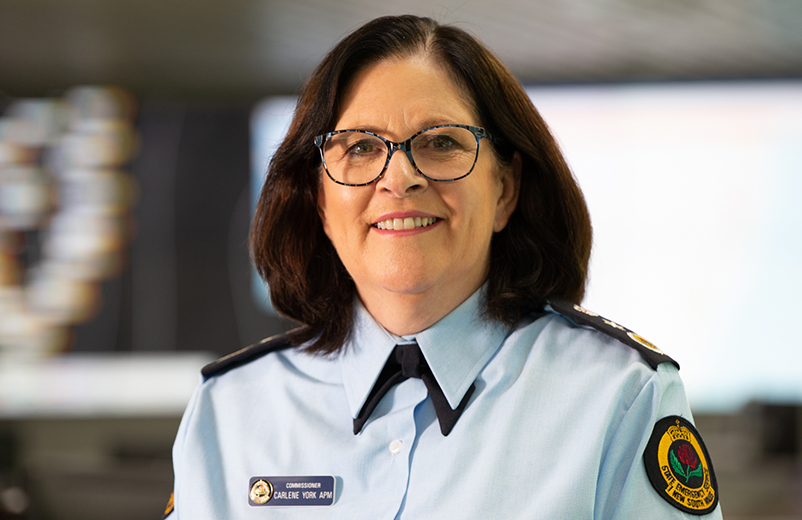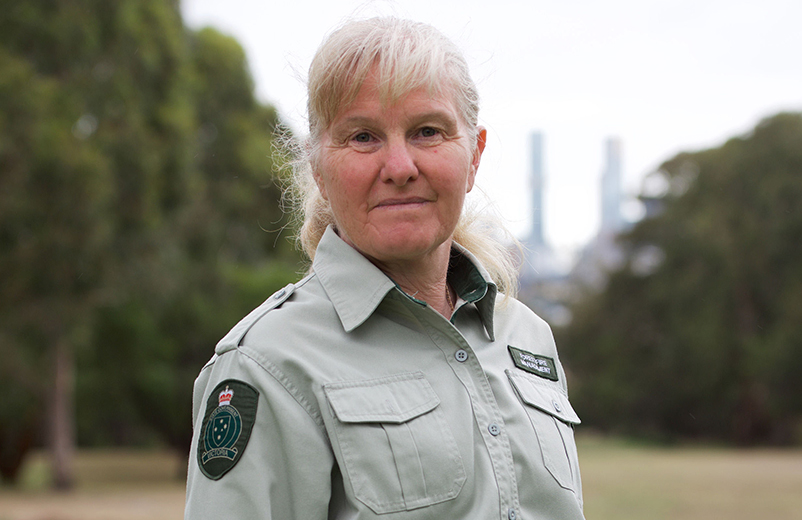It has long been recognised that the persistent low levels of gender diversity and inclusion within some AFAC member workforces requires action. The evidence is clear that increasing gender diversity improves individual, team and organisational performance.1
The fire and emergency sector operates in an increasingly challenging and complex environment and it needs to take advantage of the full spectrum of talent including women and others to ensure a future-ready workforce. Increasing gender diversity also addresses risk factors for the sector including health and safety, mental wellbeing, reputational risk and community engagement.2
Established in 2010 by Elizabeth Broderick AO, the Champions of Change Coalition is a globally recognised strategy for achieving gender equality and building respectful and inclusive workplaces. AFAC members joined the Champions of Change Coalition in 2017, founding the Fire and Emergency Group, understanding that direct leadership involvement and a collective commitment to change was required to progress gender equality in the sector.
The Fire and Emergency Group is convened by the former Victorian Equal Opportunity and Human Rights Commissioner Kristen Hilton and includes chief executives, commissioners and chief fire officers from the agencies responsible for fire, emergency and land management services from Australia and New Zealand. Members share resources and learn from each other about challenges and successes when implementing actions to progress the strategy to improve gender balance and create inclusive workplaces.
While increasing the number of women in the sector is key to improving gender balance, it is also vital that agencies are creating workplace cultures where women can thrive and move up into senior leadership roles. The process of creating an inclusive workplace culture requires change at the organisation and individual levels as it takes time to overcome resistance to new ideas and to reach the critical mass where the new state become the status quo.3
While some agencies are along the path to achieving gender balance, across the sector as a whole, gender and diversity gains have been difficult to achieve and the pace of change is slow. Recognising the need to achieve buy-in and enable members to clearly articulate the case for change, the group developed Going Beyond It’s the Right Thing To Do: Gender balance in Fire and Emergency Services in 2020.2 The report used evidence-based research to explain the benefits and rationale for improving gender and other diversity in the fire and emergency sector. It also provided answers to common questions about why gender balance and diversity is an issue that requires action and the need for the Champions of Change strategy.
Key to the Champions of Change strategy is implementing rigorous and transparent reporting to track progress. Each year, members are asked to submit data for metrics that are published in a publicly available impact report. In 2021, overall representation of women in the sector was 22%, a decrease from previous years and down from 25% in 2020. However, women’s promotions achieved across the group had only a slight increase to 23% compared to 19% in 2020. Women’s representation in key management personnel roles in frontline service delivery has increased to 24%, an increase on previous years and a large increase from 10% in 2018, the first year of reporting.4 Frontline service-delivery roles include anyone whose primary role is to directly engage with the community to deliver a service that assists in the prevention, preparedness, response or recovery of incidents.

Carlene York was the first SES Commissioner and first woman to be appointed president of the AFAC Board.
Image: AFAC

Kathy Gosby, Forest Fire Management Victoria, is the first woman in Victoria’s emergency services to become a Level 3 Incident Controller in 2020.
Image: Forest Fire Management Victoria
What the reporting shows is that addressing the lack of gender balance in the sector is a complex problem that requires long-term commitment and perseverance. In 2021, the Fire and Emergency Group focused on the prevention of sexual harassment, recruitment, achieving buy-in, gender pay equity and intersectionality. By reviewing and implementing appropriate policies, identifying and removing systemic barriers, organisations continue to build the foundations to consolidate progress towards gender equality.
Improving gender balance and increasing diversity will enable the sector to better support and engage with the diverse communities we serve. As a sector we need to continue to address backlash, build buy-in and push for action to accelerate change to create workplaces and work cultures that are truly inclusive.


